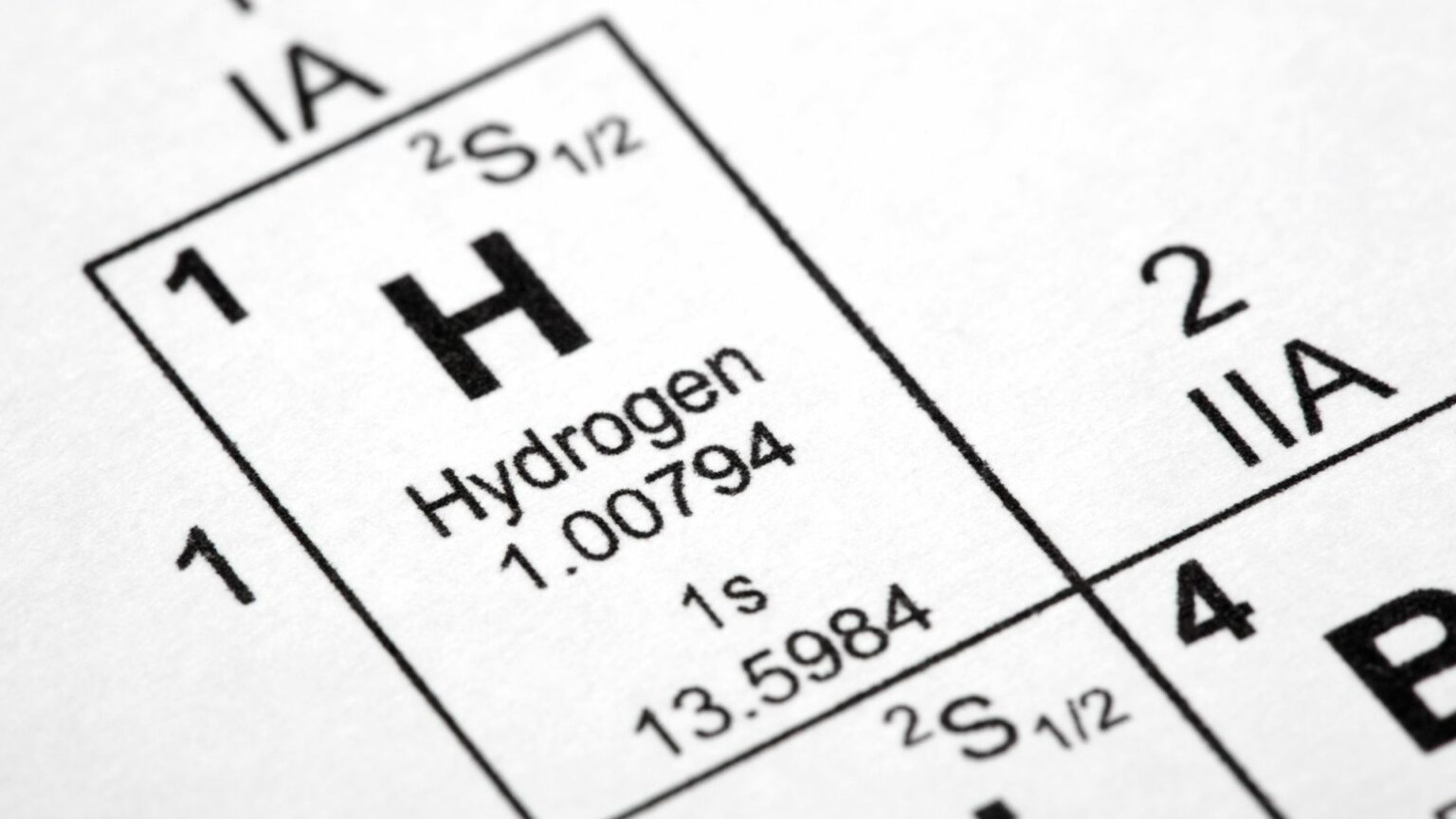Alpha H2 has recently made a significant deal with a Latin American distributor to deliver its hydrogen injection systems across several countries, including Mexico, Ecuador, Panama, Peru, Chile, Colombia, the Dominican Republic, Argentina, Brazil, and Spain.
This agreement signifies a strategic push into a region with substantial potential, given the presence of 128 million cars and light trucks across Latin America.
The company reports an initial order interest valued at $45 million for the first year, with projections suggesting that annual revenue could surpass $500 million within five years. Alpha H2’s technology, which involves the on-demand production and injection of hydrogen into internal combustion engines (ICEs), aims to improve combustion efficiency, thereby reducing fuel usage and emissions. The company believes this technology will particularly appeal to commercial fleet owners facing high fuel costs and growing regulatory pressures to cut emissions.
In comparison to other clean vehicle technologies, such as electric vehicles (EVs) and hydrogen fuel cells, hydrogen injection systems offer an intermediate solution. They can be retrofitted to existing ICE vehicles, potentially providing a quicker path to emissions reductions than waiting for fleet electrification. However, the long-term sustainability and cost-effectiveness of hydrogen injection compared to fully electric or fuel cell technologies remain debated.
Alpha H2’s focus on Latin America and other emerging markets is a strategic move, given the large number of ICE vehicles in these regions. However, the company’s projected revenue growth seems optimistic without detailed market analysis and consideration of potential barriers, such as regulatory approvals, competition from other technologies, and economic factors affecting fleet operators.
